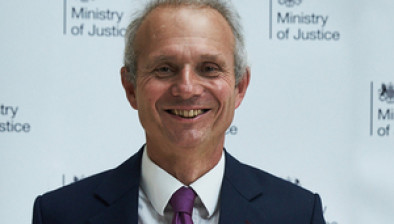ECtHR: Rapist barred from voting in UK election did not suffer breach of rights

A convicted rapist prevented from voting in the UK’s 2019 general election did not suffer a breach of his rights, the European Court of Human Rights (ECtHR) has ruled.
In today’s Chamber judgment in the case of Hora v. the United Kingdom, the court unanimously held that there had been no violation of Article 3 of Protocol No. 1 of the European Convention on Human Rights, which guarantees the right to free elections.
The applicant, Michael Christopher Hora, is a British national born in 1966 who was convicted in 2007 of two counts of rape and one count of sexual assault, committed in the victim’s home.
Having previously been convicted of rape in 2000, he was sentenced to an indeterminate term of imprisonment for public protection, with a minimum four-year tariff.
At the time of the December 2019 election, he remained in detention.
Under section 3 of the Representation of the People Act 1983, convicted prisoners are barred from voting unless specific exceptions apply.
After the ECtHR found in Hirst v. the United Kingdom (No. 2) that a blanket ban on prisoner voting was incompatible with the ECHR, the UK introduced limited reforms allowing prisoners on temporary licence or home detention curfew to vote and clarifying procedures for notifying inmates of disenfranchisement.
In 2018, the Council of Europe’s Committee of Ministers deemed these changes sufficient to comply with Hirst.
Hora argued that his exclusion from the 2019 ballot was unlawful.
However, the court emphasised the seriousness of his offences, his repeat offending, and the high risk he posed to the public.
Given his indeterminate sentence for grave crimes, it found that restricting his voting rights was not disproportionate to the legitimate aims of upholding democratic integrity and public confidence in the penal system.
The judgment also noted the UK’s ongoing dialogue with European institutions over prisoner voting, including parliamentary debates and proposals to extend limited enfranchisement to inmates serving sentences under 12 months — though these were never enacted.
Ultimately, the court concluded that it was not required to reassess the UK’s law in the abstract, but rather to consider its application to Hora’s individual case. It held that his disenfranchisement was justified and compatible with the ECHR.










